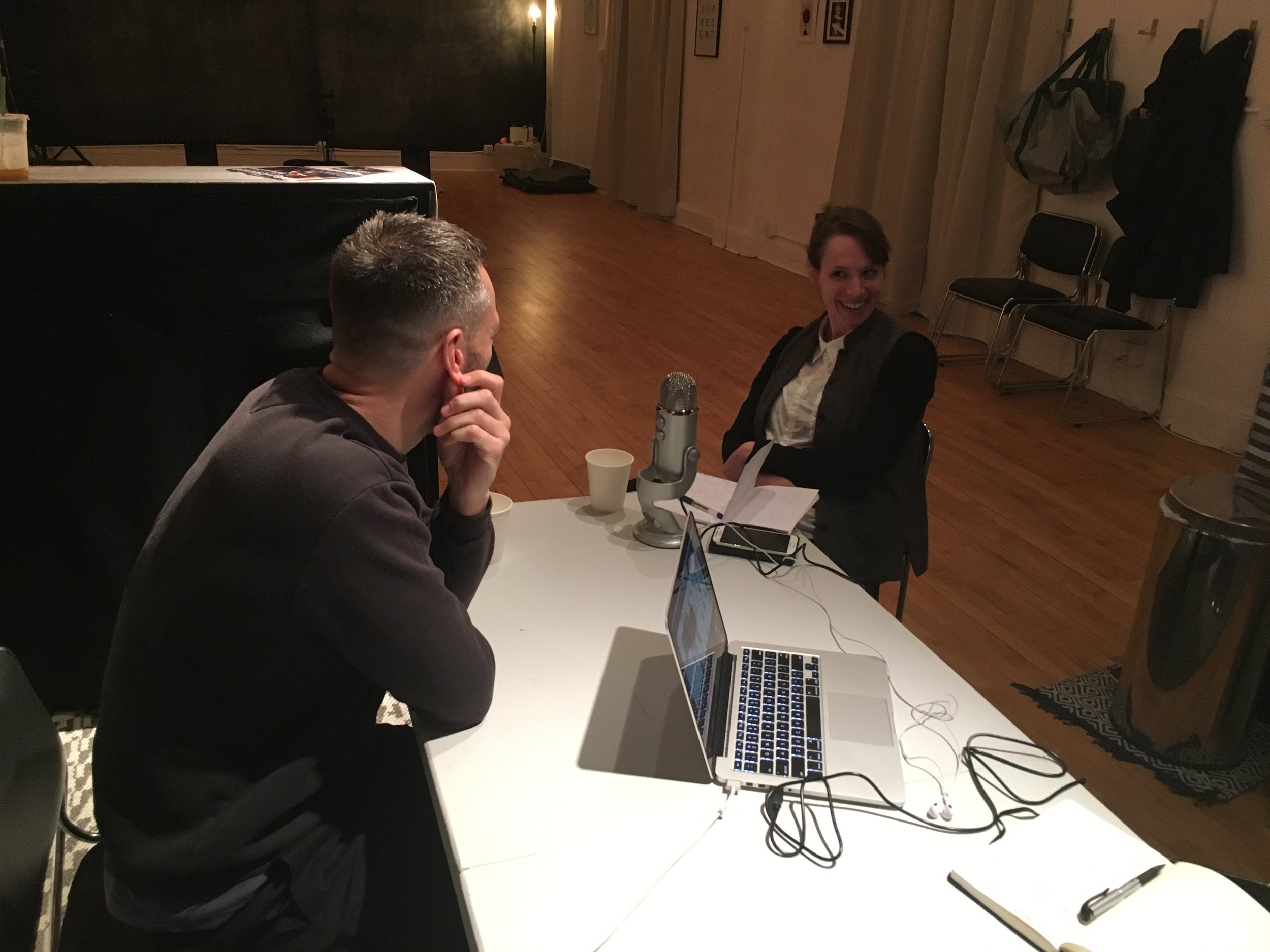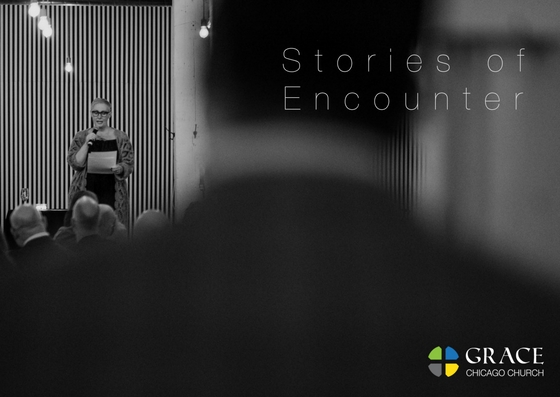This is a conversation between Music Director Davin Youngs and a member of our congregation, Charlotte Swanson.
Davin has been leading at Grace Chicago for nearly 15 years. He has been the Director of Music for the last two years. In this conversation with Charlotte Swanson, he shares his views on music in the church, improvisational singing, how music has changed and much more.





